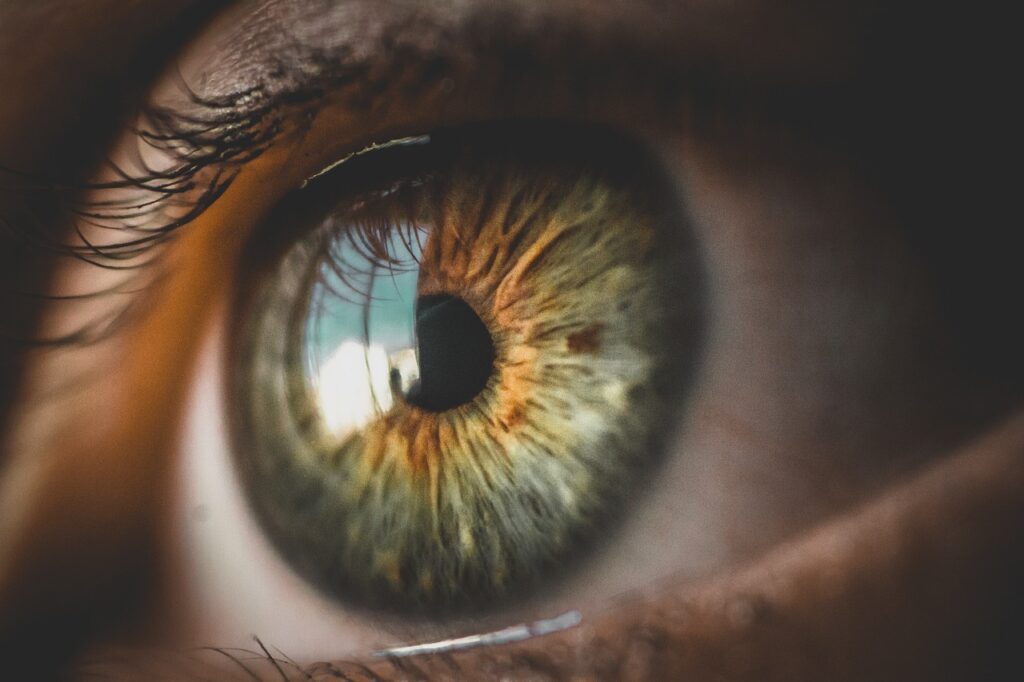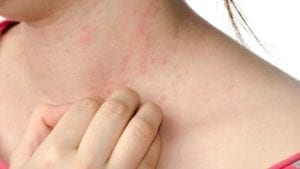In May 2023, the U.S. Food and Drug Administration (FDA) approved Vyjuvek, a gene therapy, for dystrophic epidermolysis bullosa (DEB). This treatment has brought support to numerous people living with DEB. The treatment by delivering working copies of COL7A1—which, when mutated, leads to the characteristic fragile skin of DEB—via topical administration. This prevents the formation of blisters on the skin.
The Basics of Dystrophic Epidermolysis Bullosa (DEB)
Dystrophic epidermolysis bullosa is a rare genetic connective tissue disorder. The COL7A1 gene is responsible for type VII collagen subunits. When the gene becomes mutated, people have deficient or absent type VII collagen. People with DEB have extremely fragile skin that can blister and tear from just minor friction. Major subtypes of DEB include localized, intermediate, recessive severe generalized, and recessive severe generalized. Symptoms vary based on subtype but can include widespread blistering and missing skin, scarring, fused skin between the fingers and toes, vision loss, lost fingernails and toenails, overcrowded teeth, anemia, hair loss, malnutrition, and digestive tract scarring that can make it difficult to eat.
Developing a Novel Administration Pathway
In reporting from Live Science, Nicoletta Lanese shared that Krystal Biotech, the developer of Vyjuvek, recently innovated a novel way to treat corneal damage in a 14-year-old boy. Initially the boy, named Antonio, joined a clinical study to evaluate Vyjuvek’s efficacy. His experience was positive, with the therapy improving wound healing and preventing new blisters.
However, the widespread blistering also damaged Antonio’s corneas. This led to vision loss. While not everyone with DEB experiences corneal scarring, it is a common cause of vision loss and blindness within this patient population. As Antonio’s doctor watched him thrive in the clinical study, he reached out to Krystal Biotech to see if they could come up with a solution to address his ocular needs.
The company was happy to help. They developed an ocular formulation of Vyjuvek in which the gene therapy could be delivered to his eyes through eye drops. After removing some of the scar tissue, Antonio began eye drop treatment in late 2022.
Since beginning treatment, Antonio’s vision has continued to improve, now sitting at 20/25 in the right eye and 20/50 in the left eye.


-300x300.jpg)



